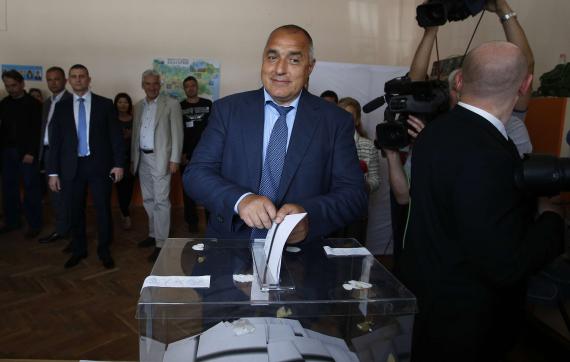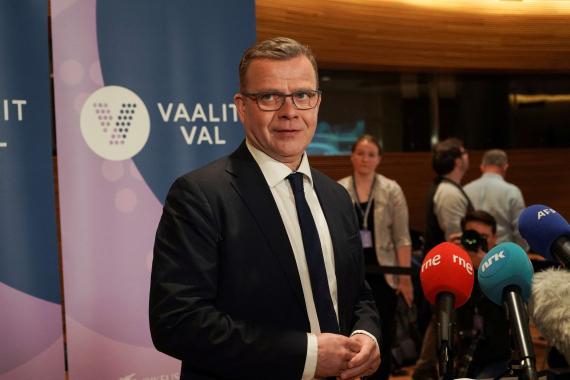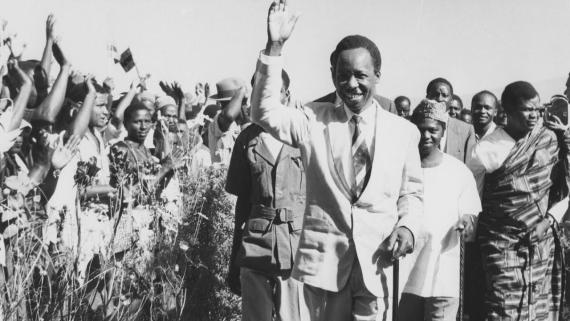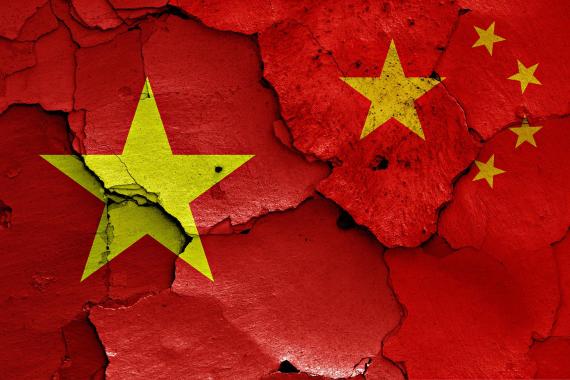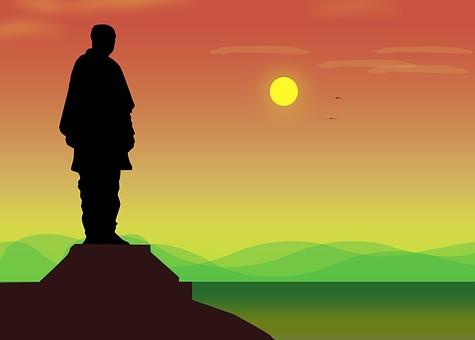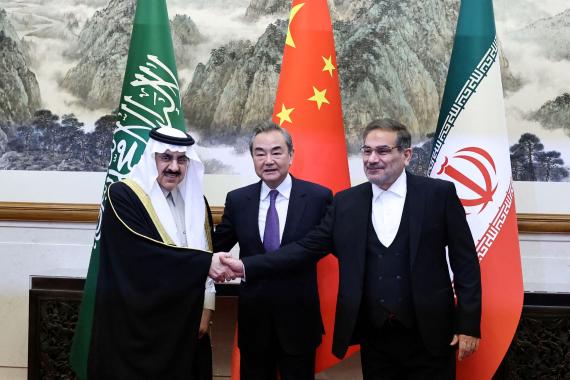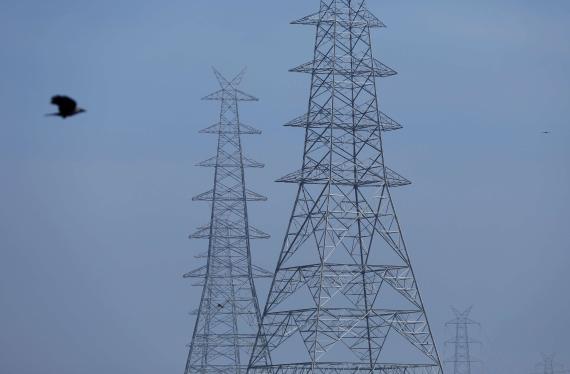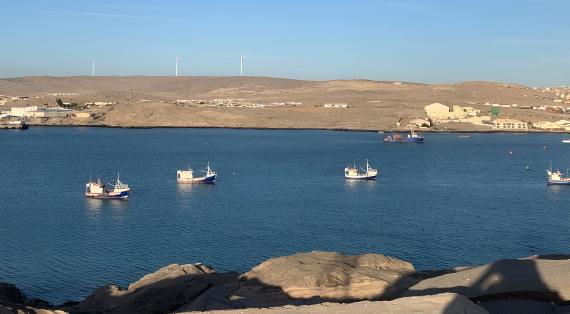A year before the general elections in India
Rebirth of the opposition or another term for Modi?
The final countdown is on, with Indian general elections due from May to June 2024. Nothing new for the world's largest democracy, which finds itself in perpetual election mode. In the same year, ten more regional elections will be held in addition to the Lok Sabha elections. Will the man of the last two general elections, Narendra Modi, and his BJP continue to ride the wave of success? Or is the time ripe for a renaissance of the grand old Congress Party and its opposition allies? Also, why has the face of the Congress party and the BJP opposition en large, Rahul Gandhi, lost his parliamentary seat in the wake of a recent court ruling? These are all probing questions for the worlds largest democracy explored in this country report, providing a deep dive into the hearts and minds of the 1 billion eligible Indian voters and their political representatives.



